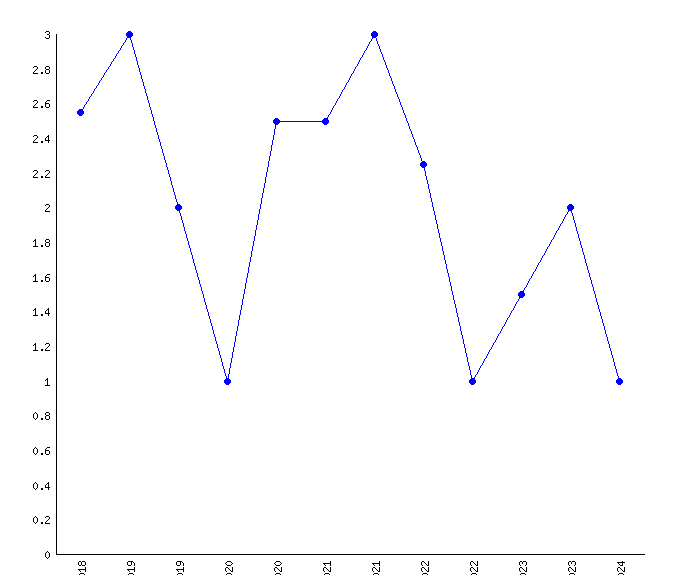Investors need to adapt to the changing landscape of software-based recalls
- Tesla has recalled 6.7 million cars in the past two years, accounting for 14% of all recalls
- Over 90% of Tesla recalls are handled with over-the-air software updates
- Tesla has recalled about 540,000 vehicles for hardware issues, less than 2% of all hardware-related recalls
- Software-based recalls will be on the rise for years as software controls more automotive functions
- Investors need to recognize that all recalls count and that Tesla recalls will receive more news coverage
- Completion rate for over-the-air software update-based recalls is about 100%, compared to 60% for recalls requiring a dealer visit
- Recalls don’t typically impact stock prices, but investors should pay attention to warranty expenses
- NHTSA is unlikely to create a separate category for software-based recalls
- The recent Tesla recall for driver-assistance warnings did not significantly impact the stock price
Tesla has been at the forefront of recalls in the automotive industry, with 6.7 million cars recalled in the past two years. However, the majority of these recalls have been handled through over-the-air software updates, showcasing Tesla’s unique ability to address issues remotely. In fact, only about 2% of Tesla’s recalls have been related to hardware problems, putting them on par with other car manufacturers. As software becomes more prevalent in vehicles, software-based recalls are expected to increase in the coming years. Investors need to understand that all recalls, regardless of their nature, have an impact. The National Highway Traffic Safety Administration (NHTSA) will pursue recalls for any auto maker, and Tesla’s recalls are likely to receive more media attention due to the company’s prominence. While recalls may not directly affect stock prices, investors should keep an eye on warranty expenses as an indicator of potential quality problems. It is also important to note that NHTSA is unlikely to create a separate category for software-based recalls. Despite recent recalls, Tesla’s stock has remained resilient, indicating that investors are starting to understand the nuances of software-based recalls. As the automotive industry continues to evolve, investors must adapt to the changing landscape of recalls and the increasing role of software in vehicle functionality.
Public Companies: Tesla (TSLA), Ford (F), Honda (HMC)
Private Companies: undefined, undefined, undefined, undefined, undefined
Key People:
Factuality Level: 7
Justification: The article provides some relevant information about Tesla’s recalls and compares them to recalls by other auto makers. It also mentions the percentage of recalls that are handled with software updates and provides data on completion rates for software-based recalls. However, the article includes some unnecessary background information and tangential details. It also includes some opinion masquerading as fact, such as the statement that Tesla’s recalls are less significant than others but still count. Overall, the article provides some factual information but could be more focused and objective.
Noise Level: 4
Justification: The article provides some relevant information about Tesla’s recalls and the comparison with other auto makers. However, it lacks in-depth analysis and fails to provide actionable insights or solutions. The article also includes some repetitive information and does not support its claims with evidence or data.
Financial Relevance: Yes
Financial Markets Impacted: The article discusses Tesla’s recalls, which can impact the company’s reputation and stock market value.
Presence of Extreme Event: No
Nature of Extreme Event: No
Impact Rating of the Extreme Event: No
Justification: The article focuses on Tesla’s recalls and their impact on the company’s stock market value. While recalls are not extreme events, they can have financial implications for the company.
 www.marketwatch.com
www.marketwatch.com 





